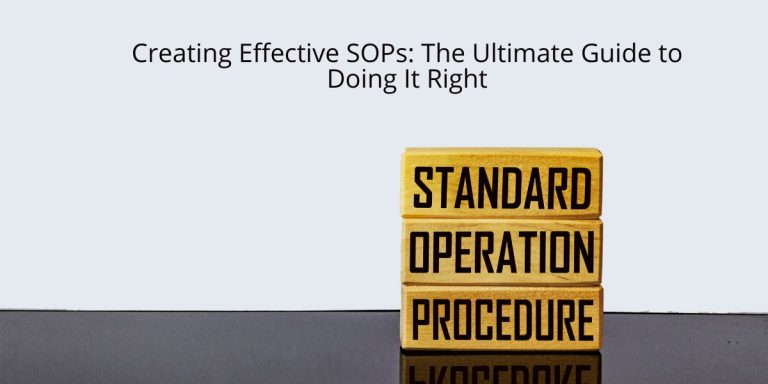7 WordPress Plugins I now install on all websites
Introduction
1.1. Overview of Essential WordPress Plugins
The backbone of a well-optimized WordPress website lies in the strategic use of plugins. These small but powerful add-ons play a pivotal role in enhancing functionality and improving user experience. In this article, we delve into the world of WordPress plugins, highlighting seven indispensable tools that I install on every website.
1.2. Evolution of Plugin Choices
As the digital landscape evolves, so do the tools at our disposal. Previously relying on a set of ten plugins, the current landscape has streamlined to seven, thanks to merged functionalities. This shift not only simplifies the installation process but also maximizes efficiency, focusing on quality over quantity.
2. Admin and Site Enhancements
2.1. Admin and Site Enhancements Plugin

By wpase.com
The Admin and Site Enhancements plugin emerges as a game-changer, consolidating various functionalities under one roof. Explore features like content duplication, media replacements, and customizable interfaces, providing users with a seamless WordPress experience. Uncover hidden options that contribute to a clutter-free admin interface.
3. Classic Editor Plugin
3.1. Importance of Classic Editor

In a world where simplicity reigns, the Classic Editor plugin maintains its significance. Discover the reasons behind its continued use, catering to user preferences and steering clear of the complexities introduced by the Gutenberg editor. We’ll also explore potential alternatives for those seeking a tailored editing experience.
4. Independent Analytics Plugin
4.1. Introduction to Independent Analytics

Navigate the realm of web analytics with the Independent Analytics plugin, a GDPR-compliant alternative to Google Analytics. Uncover the dashboard overview it provides, comparing its features with other analytics plugins, such as ExactMetrics.
5. ManageWP Worker Plugin
5.1. Streamlining Website Management

Efficient website management becomes a breeze with the ManageWP Worker plugin. From seamless logins to automated updates and backups, explore the functionalities that make site maintenance a stress-free experience. Dive into the scheduling feature, ensuring routine updates without manual intervention.
6. Elementor (Pro) Plugin
6.1. Dominance of Elementor in Page Building

Embark on a journey into the world of page building with Elementor as the cornerstone. Discover its integration with Croco Block and its unmatched capabilities in enhancing project aesthetics. Despite market competition, Elementor Pro continues to reign supreme for its versatility and user-friendly design.
The free version of Elementor is enough to build a lot of websites, However you need to find other ways of bypassing some restrictions such as Templates installation which require pro access to carry out complete import of website templates.
7. Solid Security Plugin
7.1. Ensuring Website Security

By LiteSpeed Technologies
Security takes center stage with the Solid Security plugin. Delve into a comparative analysis with Security Optimizer from SiteGround, emphasizing the pivotal role of hosting in preemptively thwarting security threats.
Also checkout Solid Security

8. LiteSpeed Cache Plugin
8.1. Enhancing Website Speed
Optimizing website speed becomes a priority, and LiteSpeed Cache emerges as the chosen solution. Learn how this plugin, coupled with efficient development practices and quality hosting, contributes to a faster, more responsive website.
Chapter 9. Image Optimization Strategies
9.1. External Image Optimization
Unravel the secrets to impactful image optimization by advocating for external tools like ImageOpt.com. Discover the art of resizing and compressing images before uploading to WordPress, ensuring optimal performance without compromising visual appeal.
SEO Plugins and Strategy
10.1. Evolution in SEO Approach
I personally make use of Rank Math SEO and Yoast SEO. The free versions works well with options to upgrade to professional or paid versions to get more features. However, I prefer rank math due to the additional features it offers such as Schema, Auto Canonical URLs, Google Search Console Integration, 1 Click Import From Yoast SEO, Automated Image SEO, Powerful Post Optimization, Control The Title, Control Meta Description among others.

Chapter 11. Bonus Plugins – ACF and White Label CMS
11.1. ACF for Customization

By WP Engine
Unlock the potential of customization with Advanced Custom Fields (ACF). Compare its features with custom post type alternatives like Jet Engine and Croco Block, offering insights into its versatile applications.
11.2. White Label CMS for Branding

By www.videousermanuals.com
Dive into the realm of branding with the White Label CMS plugin. Discover its role in providing a personalized login experience and learn the importance of judicious use for maintaining a clean website.
Chapter 12. Conclusion
12.1. Recap and Key Takeaways
As we conclude our exploration, recap the key takeaways from each plugin. Emphasize the significance of a selective and strategic approach to plugin installation, ensuring that each addition contributes to the overall optimization of the WordPress website.

